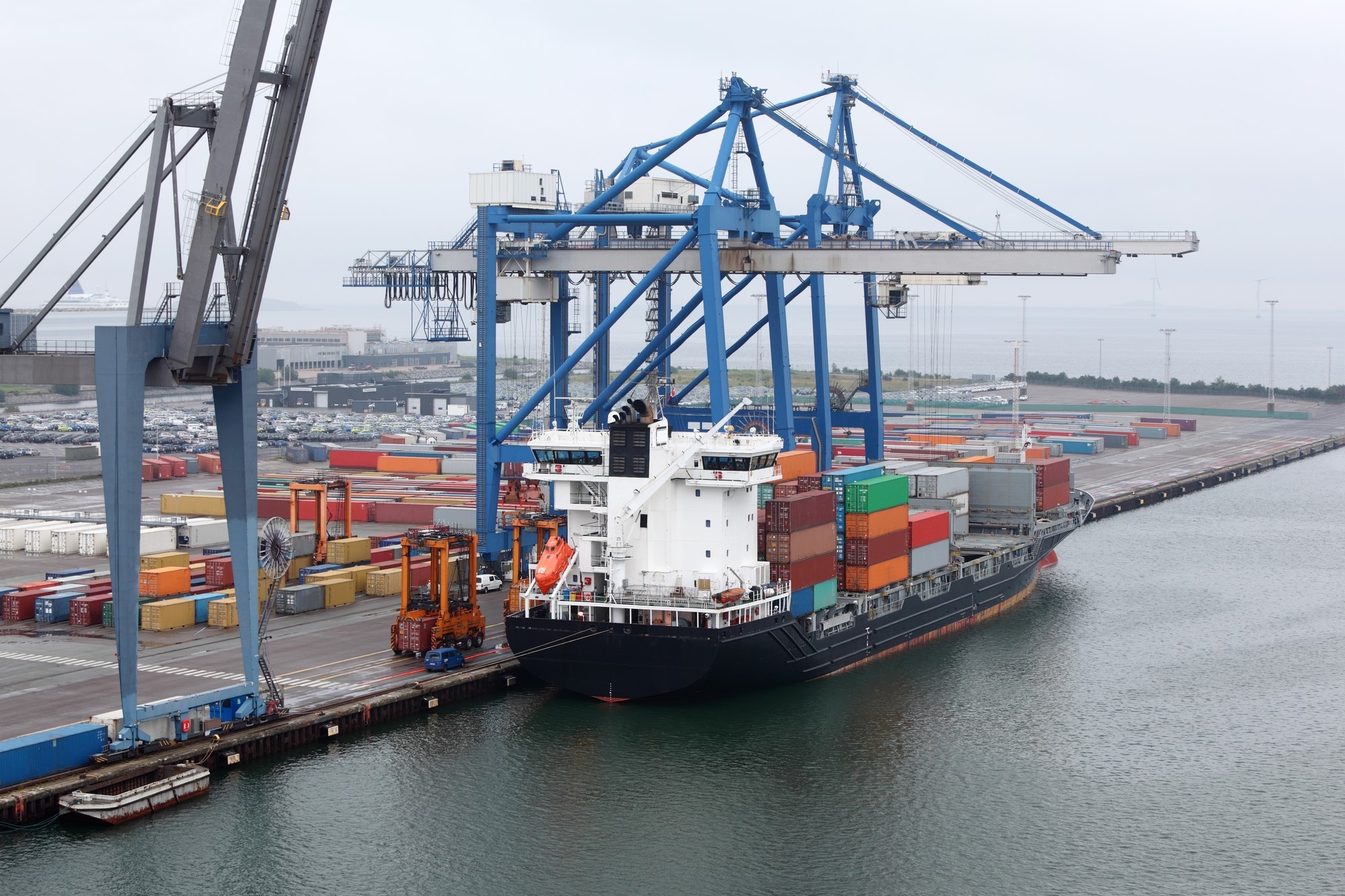DISCUSSION
Denmark, Japan, and the role of shipping powers in safeguarding freedom of navigations
April 07, 2023
When ranking the world in great powers, middle powers and small states, we tend to overlook that the distribution of influence depends on what lenses one applies. Seen from one issue, rather than another this distribution might look quite differently. One of such issues is shipping and influence in the maritime domain. Since shipping is the infrastructure and lifeline of global economy and trade, it is vital who is powerful here.
Shipping giants have special responsibilities
While China and the United States – conventionally seen as the great powers – are also shipping giants, so are other states. Singapore, Switzerland, Denmark and Japan belong to the great powers of global shipping. Danish companies, such as Maersk, control a large share of global container trade. Japanese companies own a large part of the global fleet, and Japan is also a major flag state.
Power comes with obligations and responsibilities. This implies that countries such as Denmark and Japan have special responsibility to safeguard the flows of the global economy and trade at sea.
Shipping depends on freedom of navigation. As a core principle of the international order, freedom of navigation is often reduced to innocent passage through territorial waters. But in today's world it means much more. It means to stop predation from pirates, and to prevent accidents, collisions and oil spills that could halt traffic. In a world shaped by climate change, it also implies that shipping is sustainable and emissions are reduced.
With other shipping powers, notably China and the United States are torn up in and distracted by geopolitical ambitions, special obligations fall to states such as Denmark and Japan to ensure freedom of navigation in troubled times.
Shipping depends on freedom of navigation. As a core principle of the international order, freedom of navigation is often reduced to innocent passage through territorial waters. But in today's world it means much more. It means to stop predation from pirates, and to prevent accidents, collisions and oil spills that could halt traffic. In a world shaped by climate change, it also implies that shipping is sustainable and emissions are reduced.
With other shipping powers, notably China and the United States are torn up in and distracted by geopolitical ambitions, special obligations fall to states such as Denmark and Japan to ensure freedom of navigation in troubled times.
Why Denmark and Japan must learn the lesson from piracy
Both countries have a substantial record of influence. The contributions of Denmark and Japan were instrumental in the successful fight against piracy off the coast of Somalia. Piracy in the region was a major threat to global trade, yet within 5 years it was successfully stopped. The states were important brokers for divergent interests in the international community, core funders of important capacity building projects, and contributed militarily. Japan and Denmark must learn the lessons from this success story.
This implies in a narrow sense that both countries sustain funding to the capacity building projects that ensure maritime law enforcement, so they can continue to prevent piracy. But they should also be enabled to address other threats from environmental crime, smuggling or terrorism that have a negative impact on freedom of navigation.
In a broader sense the lessons from piracy suggest that the global shipping powers need to take leadership in bringing the international community together. This might be to address threats to shipping from conflict spill over, that we have witnessed in the past years in areas, such as the Strait of Hormuz, the coast of Yemen and the Red Sea.
This implies in a narrow sense that both countries sustain funding to the capacity building projects that ensure maritime law enforcement, so they can continue to prevent piracy. But they should also be enabled to address other threats from environmental crime, smuggling or terrorism that have a negative impact on freedom of navigation.
In a broader sense the lessons from piracy suggest that the global shipping powers need to take leadership in bringing the international community together. This might be to address threats to shipping from conflict spill over, that we have witnessed in the past years in areas, such as the Strait of Hormuz, the coast of Yemen and the Red Sea.
Climate Leadership: Emissions and accident prevention
Climate leadership is also required to delimit the environmental impact of shipping. Shipping currently contributes 3 per cent of global emissions. More efforts are needed by Japan and Denmark to support and strengthen the decarbonization process at the International Maritime Organization and making inclusive green shipping corridors a reality.
Climate change means more severe weather events at sea. We will see more tragic shipping accidents in the future and must prepare for it. This implies to strengthen search and rescue capabilities, but also disaster preparedness.
Many of the busiest shipping lanes are close to small island states, which often do not have the expertise and resources for search and rescue or disaster response. When the Japanese-owned ship Wakashio ran aground in Mauritius in 2020 the country lacked the capacity to stop the oil spill. The global shipping powers need to pro-actively support these countries to prevent future accidents of this scale.
Climate change means more severe weather events at sea. We will see more tragic shipping accidents in the future and must prepare for it. This implies to strengthen search and rescue capabilities, but also disaster preparedness.
Many of the busiest shipping lanes are close to small island states, which often do not have the expertise and resources for search and rescue or disaster response. When the Japanese-owned ship Wakashio ran aground in Mauritius in 2020 the country lacked the capacity to stop the oil spill. The global shipping powers need to pro-actively support these countries to prevent future accidents of this scale.
Orchestrating the international community
Above all, it is in the responsibility of the superpowers of shipping, including Denmark and Japan, to orchestrate the international community and the often-fragmented landscape of international organizations and industry bodies to act concertedly. Only in this way can the geopolitical rivals China and the United States be convinced or pressured to take freedom of navigation seriously. Against all of their freedom of navigation rhetoric, these do less and less to address the concrete problems it implies, that is pirates, decarbonization, accidents, or ending the age of weak regulation on the high seas.

